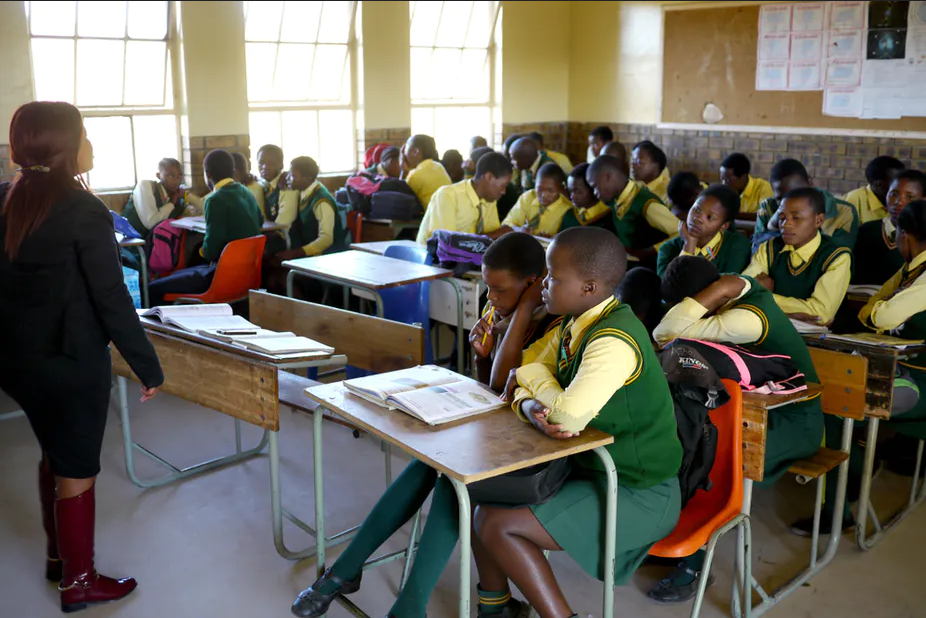By Johnathan Paoli
The National Professional Teachers’ Organisation of South Africa (Naptosa) has raised alarms over the Western Cape education department’s (WCED) decision to cut teacher posts, warning of devastating consequences for schools, particularly in impoverished and crime-affected areas.
Speaking to Inside Education, Naptosa executive director Basil Manuel expressed grave concerns about the cuts, emphasising their impact on already struggling schools.
“By reducing the number of posts in the basket you’re actually increasing the class sizes, and with an increase in class sizes, the obvious impact is on the quality of learning and teaching, but it is your poorest schools that bear the brunt of this,” Manuel said.
The WCED cited a R3 billion budget reduction from the national government, announced in August last year, as the reason for the cuts.
As a result, more than 2400 teacher positions have been eliminated, affecting schools in communities such as Mitchells Plain and Khayelitsha.
Manuel stressed that poorer schools would bear the brunt of these changes, as wealthier institutions might have the resources to hire additional teachers to offset the losses.
Naptosa has been actively engaging with various stakeholders, including the Finance Minister, the Ministry of Education and the provincial education department, to address the issue.
The organisation also sought legal recourse, through the Legal Resource Centre, securing a partial victory when 500 teachers identified as eligible for permanent posts were retained.
However, Manuel pointed out that despite this progress, the overall reduction in teacher positions remained unchanged.
“This is an ongoing story. While the Western Cape has implemented these retrenchments, other provinces, having observed the fallout here, have managed to avoid similar measures. It’s unclear how they managed to save posts, but it underscores the need for increased investment in education nationwide,” Manuel said.
He said the education department’s decision comes at a time when the province was experiencing population growth, driven by natural increases and migration, and that the reduction in posts meant schools would struggle to accommodate the growing number of learners, particularly in underprivileged areas.
“The ministerial spokesperson claims class sizes won’t be affected, but that’s simply untrue,” Manuel asserted.
He highlighted ongoing efforts to engage with the National Treasury and the Minister of Finance to secure additional funding for education.
Naptosa is also in discussions with the Basic Education Minister Siviwe Gwarube, who has expressed support for preserving teaching posts.
“We meet her on Tuesday and hopefully we’ll hear a bit more about what she has managed to do,” he said.
Manuel said that as the academic year approached, the teacher job cuts underscored the challenges posed by budget constraints and the growing demand for quality education.
With vulnerable schools already stretched thin, Naptosa along with other education stakeholders are calling for urgent interventions to prevent further harm to the country’s education system.
INSIDE EDUCATION







